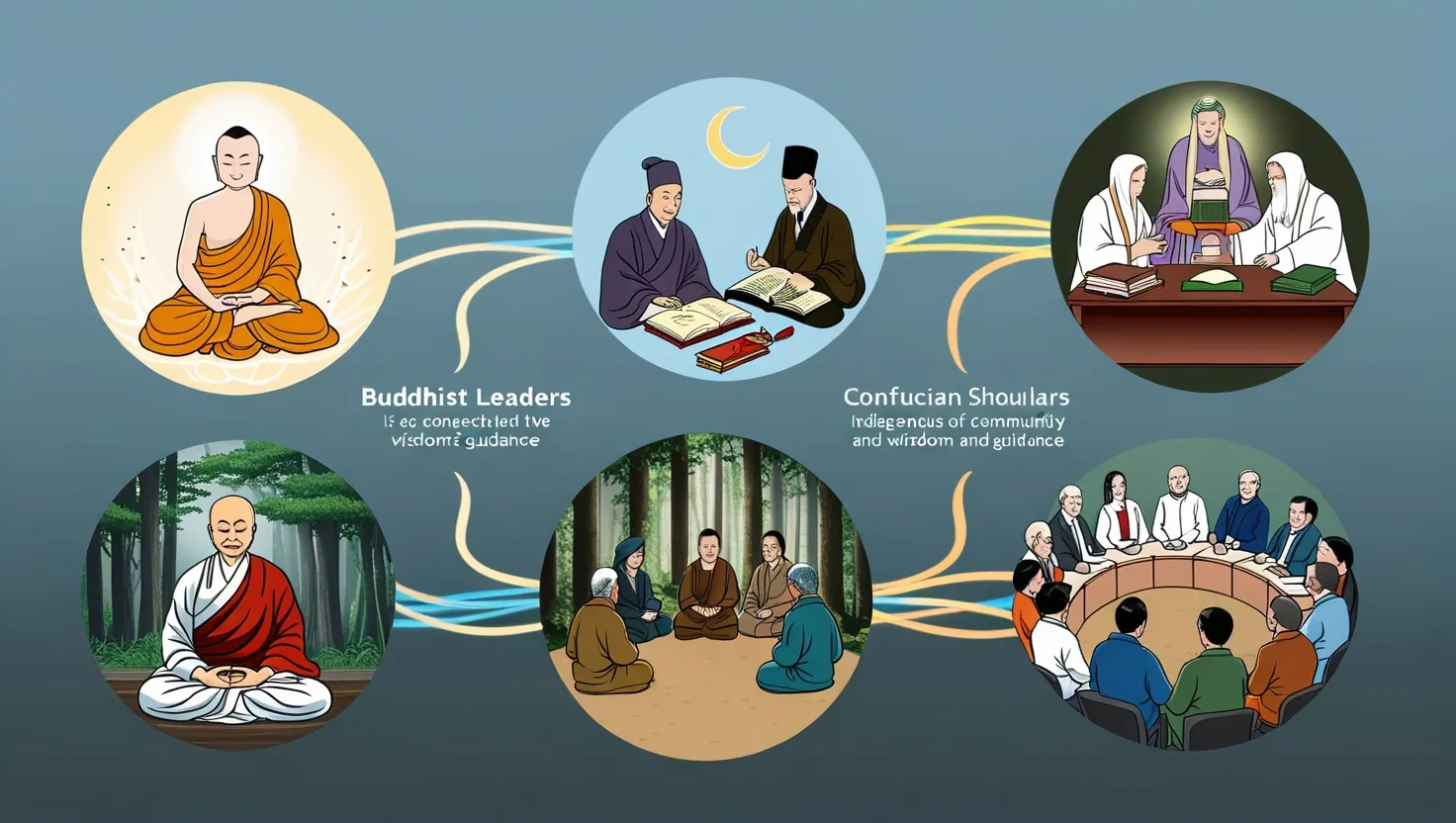Buddhism, like all religions, evolves as it adapts to different cultures. One striking example is how Buddhism has changed in East Asia, leading to the emergence of unique strands, like Chan Buddhism, also known as Zen Buddhism in Japan. This evolution is a testament to the adaptability of Buddhism and its ability to integrate various cultural elements.
When thinking about Buddhism, many Westerners conjure up images of serene monks meditating silently or pondering enigmatic riddles. This perception largely comes from the influence of two major schools: Zen Buddhism and Tibetan Buddhism. Zen Buddhism, in particular, has shaped how Buddhism is seen in the West, extending even to the casual use of the term “zen” to describe a state of calm and focus.
Zen Buddhism, originating as Chan Buddhism in China, places a strong emphasis on direct experience and meditation over scholarly study. This branch emerged as a reaction to more text-focused schools of Buddhism, centering instead on hands-on teacher-student transmission and practical experience. The very name “Chan” (from the Sanskrit “dhyana,” meaning meditation) highlights this focus.
Chan Buddhism’s origins trace back to the 5th and 6th centuries in China, with figures like Bodhidharma, a semi-legendary monk who is credited with bringing this meditative practice from India. Chan philosophy emphasizes that enlightenment isn’t something to be sought in distant futures or through extensive rituals but is accessible in the present moment through meditation and mindfulness.
Bodhidharma, considered the first Chan patriarch, is legendary for his austere and direct approach. One story tells of him meditating facing a wall for years, symbolizing the intense focus and inward journey central to Chan practice.
In Chan, enlightenment is viewed as sudden and immediate, contrasting with other traditions that see it as a gradual process. The aim here is to strip away misconceptions and directly experience the true nature of reality, which is inherently interconnected and imbued with what Chan calls “Buddha-nature.” This belief holds that all beings are capable of enlightenment because the very essence of Buddha is present in everything.
Zen meditation (zazen), which simply means “sitting meditation,” encapsulates this philosophy. It’s about sitting with complete presence, without any specific goal, allowing a practitioner to touch the reality of their own Buddha-nature. This practice isn’t confined to the cushion—everyday activities are also seen as opportunities for meditative presence.
Stories and phrases known as koans are another essential element of Chan and Zen. These paradoxical anecdotes and questions are not meant to be solved logically but to push the mind beyond regular patterns of thought, aiming to trigger sudden enlightenment.
Zen Buddhism’s approach, particularly its down-to-earth and non-reliant-on-texts nature, has made it appealing in the West, offering spiritual depth that feels accessible and relevant even within modern secular contexts. The practice of Zen has thus become a significant part of global Buddhism.
If you’re curious about the broader history and philosophy of Buddhism, Zen provides a fascinating and profound glimpse into how the teachings of the Buddha can transform across cultures and eras, always adapting yet maintaining a core focus on direct, personal awakening.






